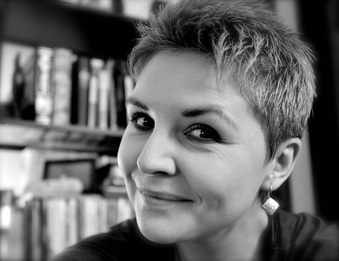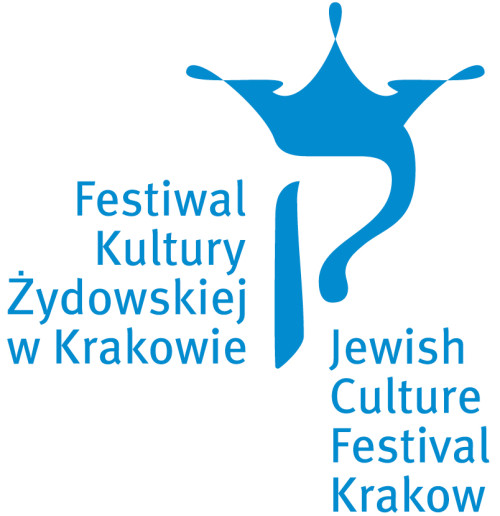Katka Reszke is a member of Poland’s “unexpected” generation — a Catholic Pole who converted to Judaism before discovering she was halachically Jewish.
After the fall of communism in 1989, thousands of Poles who had been brought up as Christians learned that one or several of their ancestors had been Jewish. This process unfolded as growing numbers of Polish Catholics, particularly younger ones, started taking an interest in Poland’s rich Jewish past and as Jewish cultural festivals began popping up all over Poland.
Before the Holocaust, Poland was home to about 3.3 million Jews. Only the United States had more Jewish citizens than Poland prior to the outbreak of World War II.
From 1939 until the early 1990s, partly Jewish Poles tended to conceal their mixed ancestry, given the Nazi occupation and the persistence of antisemitism in postwar communist Poland. “For the generation of our parents and grandparents, to identify as a Jew was nothing but a stigma,” Reszke writes in Return of the Jew, published by Academic Studies Press. “Of course, there are still Jews in Poland who associate their Jewishness with a stigma. But for most young people who began their identity quest in the 1990s or later, Jewishness is a primarily positive experience.”
Reszke, a writer and documentary filmmaker who holds a PhD from the Hebrew University in Jerusalem, was raised in a liberal Catholic home. But at 16, she began reading everything she could find in Polish and English on Jews and Judaism. She doesn’t explicitly explain why she was drawn to Judaism, but she does point out that her maternal grandmother always separated meat and milk dishes.
In her early 20s, she immigrated to Israel, where she lived for almost five years. During this period, her paternal grandmother divulged that her father had been Jewish.

There are many stories like this in contemporary Poland. Reszke, in her revealing book, explores this theme against the backdrop of Polish history.
Ninety percent of the Jews of Poland perished during the war. The Jews who opted to remain in Poland after it regained its independence were usually socialists who identified as Poles rather than as Jews. They received a rude awakening in 1967 and 1968, when the communist regime launched an anti-Zionist campaign that was little more than a crude exercise in old-fashioned antisemitism.
Rejected by Polish society as outsiders, approximately 20,000 highly assimilated Poles of Jewish descent emigrated, leaving between 5,000 to 10,000 Jews in Poland. According to the American Jewish Joint Distribution Committee, 25,000 Jews live in Poland today. But if you include Catholics with at least one Jewish grandparent, this figure can be tripled, if not quadrupled, Reszke claims.
Poles who are Jews by choice generally come from this gene pool, suggests Reszke, who conducted her research over a decade, much of it while pursuing a doctorate degree in Jewish education at the Hebrew University.
The majority of her respondents “bumped” into their Jewishness in their teens, having sensed they were “different” long before they could substantiate their suspicions. They described the experience of discovering their Jewish roots in positive terms, though Polishness continued to be a significant element of their overall identity, she says.
Inevitably, men in their 20s and 30s who chose to be Jewish underwent circumcision, a surgical procedure quite uncommon in Poland. Most submitted to it to strengthen or complete their Jewish identity, she notes.
In her judgment, antisemitism played only a small role in the construction of their Jewish identity. She adds, “For Jews living in today’s Poland, especially in large metropolitan areas, philosemitism has in many ways become much more common than that of antisemitism.”
Reszke, who divides her time between the United States and Poland, has given us a book that helps explain the complexity of Jewish life in modern Poland.
